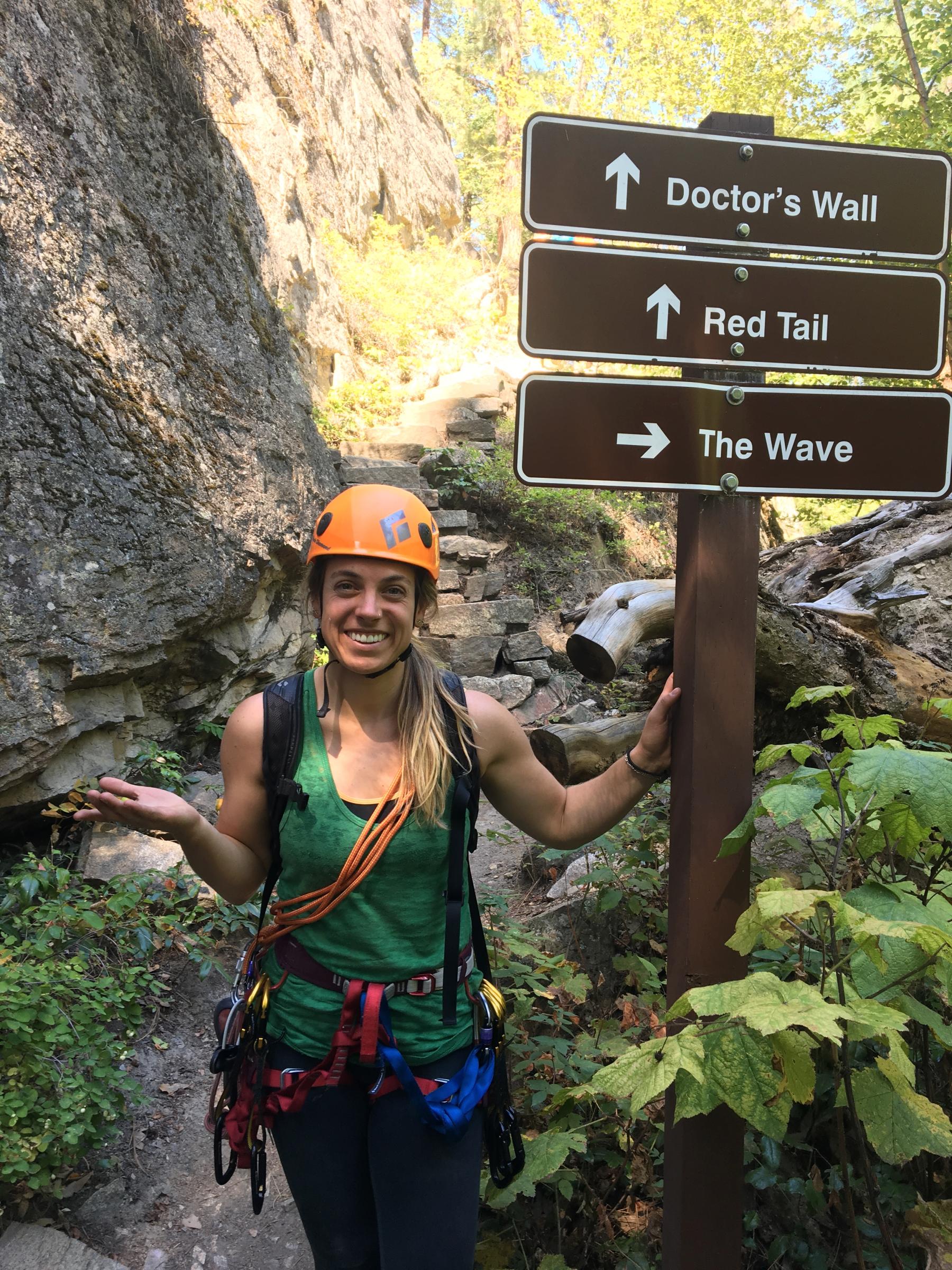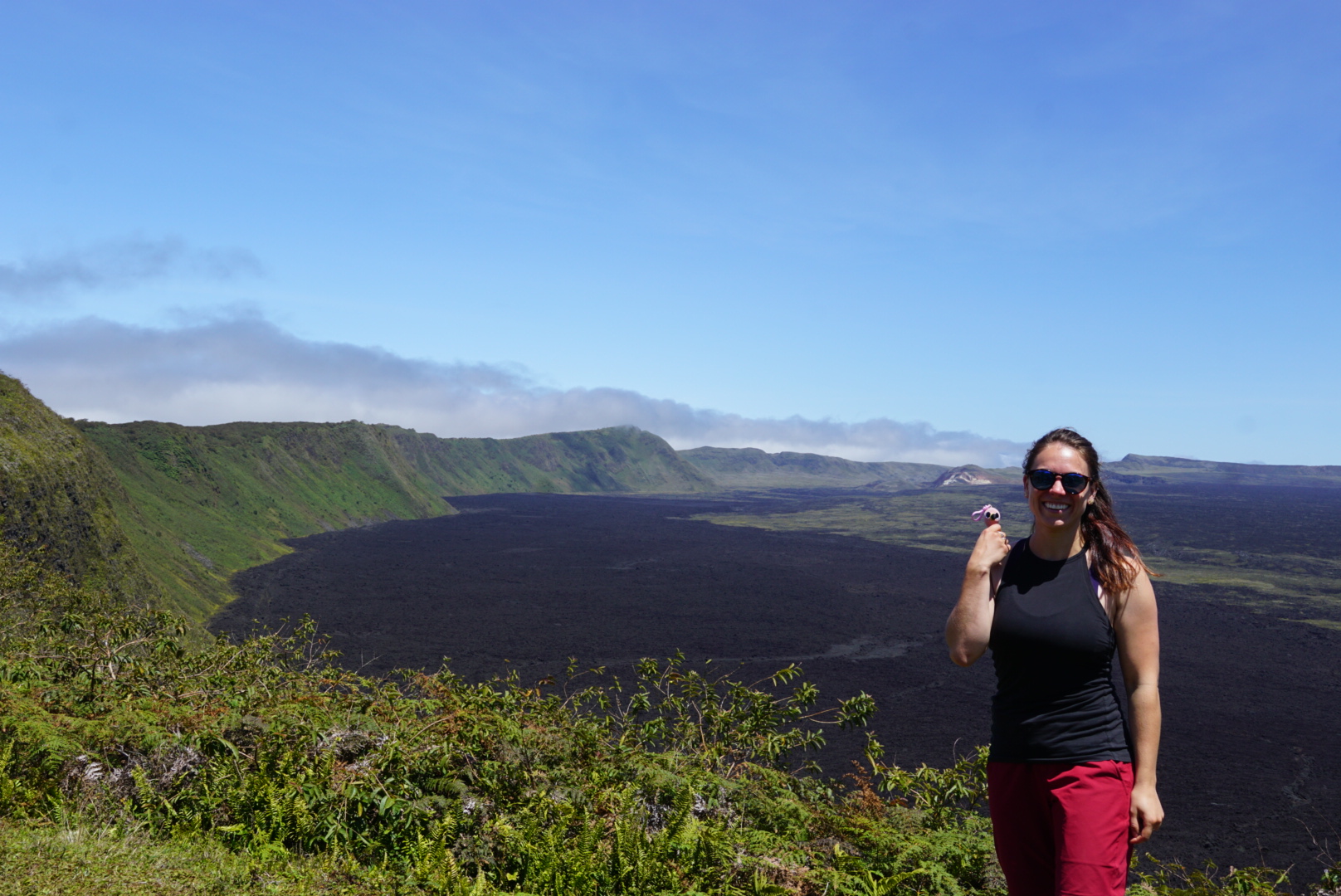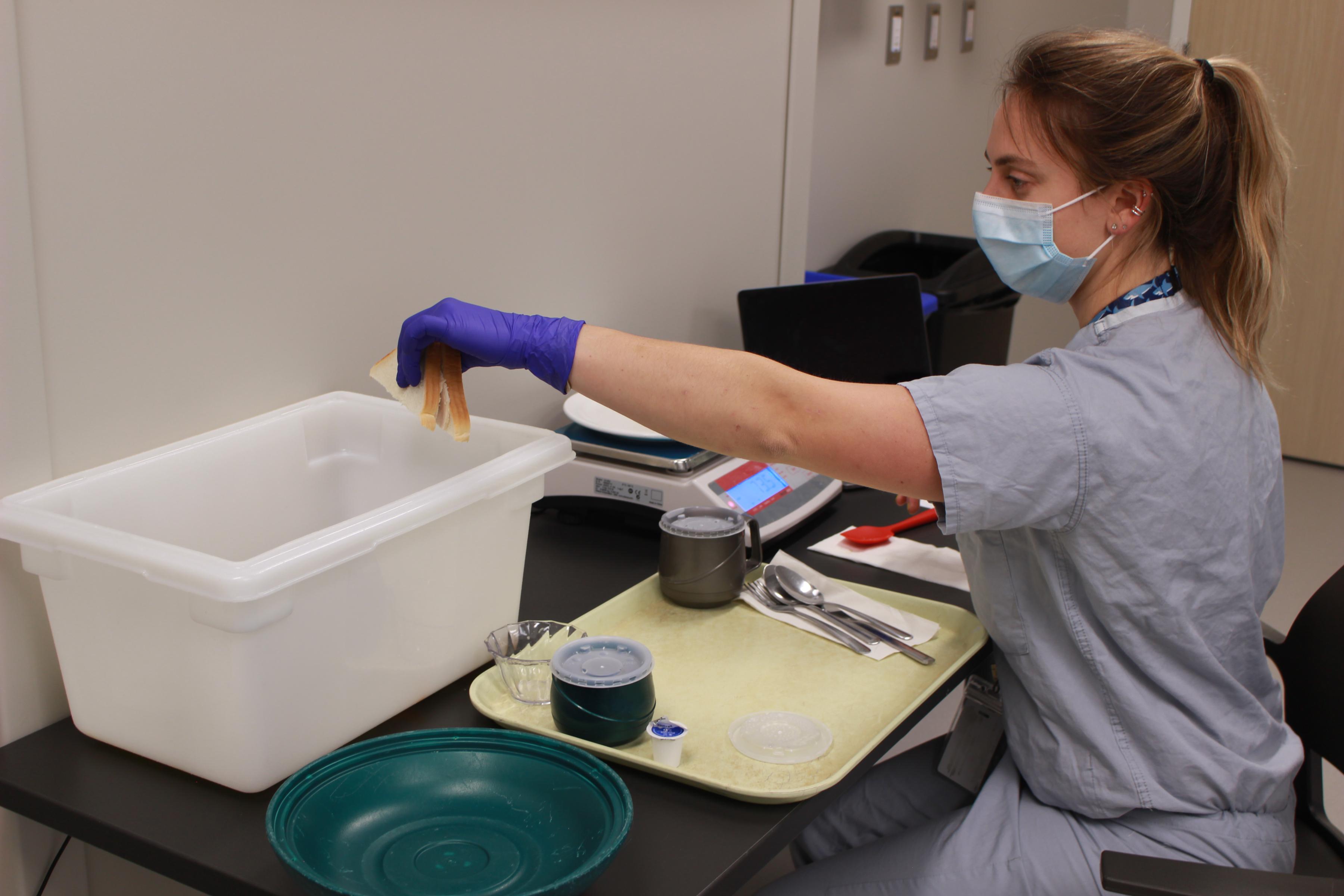Annie Lalande
Being part of the UBC Public Scholars Initiative (PSI) gives me a platform to tackle a challenge I have been reckoning with in my clinical practice, collaborating with partners from academia, clinical settings, and community organizations. I became interested in food in hospitals as I realized that it was treated much more like a service than a form of medicine, how that affected patients’ experience and recovery from illness, and how much food waste happened as a result. Being able to dedicate time to addressing this problem and having the results of my thesis be potentially transformative for a number of hospitals and patients is really empowering!
Research description
I am interested in understanding how treating food as a form of medicine, rather than a service, and serving a healthier, more culturally diverse, and sustainable menu to patients admitted to the hospital can improve their experience, health, and the health of our planet. After completing studies to better understand the strengths and challenges of our local partner institution, Vancouver General Hospital, our team will develop and evaluate a low-carbon, evidence-based, and feedback informed menu for patients, in collaboration with a chef and a dietitian. We will then work with two national partners and their networks to disseminate these findings in a multimodal guide, to facilitate uptake of healthier menus for people and planet across Canadian healthcare institutions.
What does being a Public Scholar mean?
I am so thrilled to be part of the UBC Public Scholars Initiative (PSI), as it gives me a platform to tackle a challenge I have been reckoning with in my clinical practice, collaborating with partners from academia, clinical settings, and community organizations. I became interested in food in hospitals as I realized that it was treated much more like a service than a form of medicine, how that affected patients’ experience and recovery from illness, and how much food waste happened as a result. This is not a challenge that is unique to our partner institution, quite on the contrary; most healthcare institutions in Canada are facing similar difficulties. Being able to dedicate time to addressing this problem and having the results of my thesis be potentially transformative for a number of hospitals and patients is really empowering!
In what ways do you think the PhD experience can be re-imagined with this Initiative?
I think one of the major strengths of the PSI is that it enables us to reconsider what is knowledge, how it can be created, by whom and for whom, and how it is shared. This helps bring more critical voices, which historically may have been woefully underrepresented, to the table, and work across silos as we try to define problems and find solutions.
How do you envision connecting your PhD work with broader career possibilities?
I am aiming to combine my clinical practice in surgery with a research career focusing on the intersection of three fields I am deeply passionate about: health, food systems, and sustainability. The work I am carrying out in my PhD really represents a starting point for this exciting journey.
How does your research engage with the larger community and social partners?
The basis of this research is to improve patient experience and health with food in hospitals, while mitigating healthcare’s climate impact, hence patient feedback is an integral part of all our studies. We have also engaged a number of collaborators, given how complex of an issue food in healthcare is, and this has really opened up possibilities for change. Vancouver Coastal Health (VCH) is an important partner in this endeavour, and leadership has been quite visionary in positioning planetary health as a strategic priority for the organization. With a national partner, Nourish Leadership, we are also part of larger transformation project working to leverage food in healthcare to foster community well-being, promote equity and mitigate climate change. Our team, one of seven across Canada, brings together VCH leadership, Public Health, Indigenous Health, sustainability consultants, clinical dietitians and foodservices leads from different health authorities. We are also collaborating with CASCADES, a national network advancing sustainability in healthcare through accelerated innovation and knowledge mobilization. For the knowledge exchange portion of my work, we will be engaging other leaders in food systems transformation in Canada through the networks from Nourish and CASCADES, so that the results we share are applicable, and can be rapidly disseminated.
Why did you decide to pursue a graduate degree?
I have always been interested in the environment, but it is not until I started to grapple, as a general surgery resident, with the immense burden that healthcare has on the planet, and as a result, on everyone’s health, that I saw a way to connect my personal interests with my professional ones. Interrupting my surgical training to pursue a PhD in Resources, Environment and Sustainability gave me a way to harness my energy and environmental concerns into finding solutions to these complex and interconnected problems.
Why did you choose to come to British Columbia and study at UBC?
I initially came to UBC for my general surgery training, drawn to a program that values surgical excellence, and supports diverse types of research and transformation projects. When I decided to undertake graduate studies, the Institute for Resources, Environment and Sustainability was a natural fit for the type of project I was interested it, with its interdisciplinary focus, and a number of leaders in their field I now get to learn from and collaborate with. It also enabled me to work with VCH, who have been a strong supporter of planetary health, and build great relationships with partners in hospital food systems, both at a regional and national level. Finally, I love to spend my free time outside, skiing and climbing, and for that, being in BC is unparalleled!







